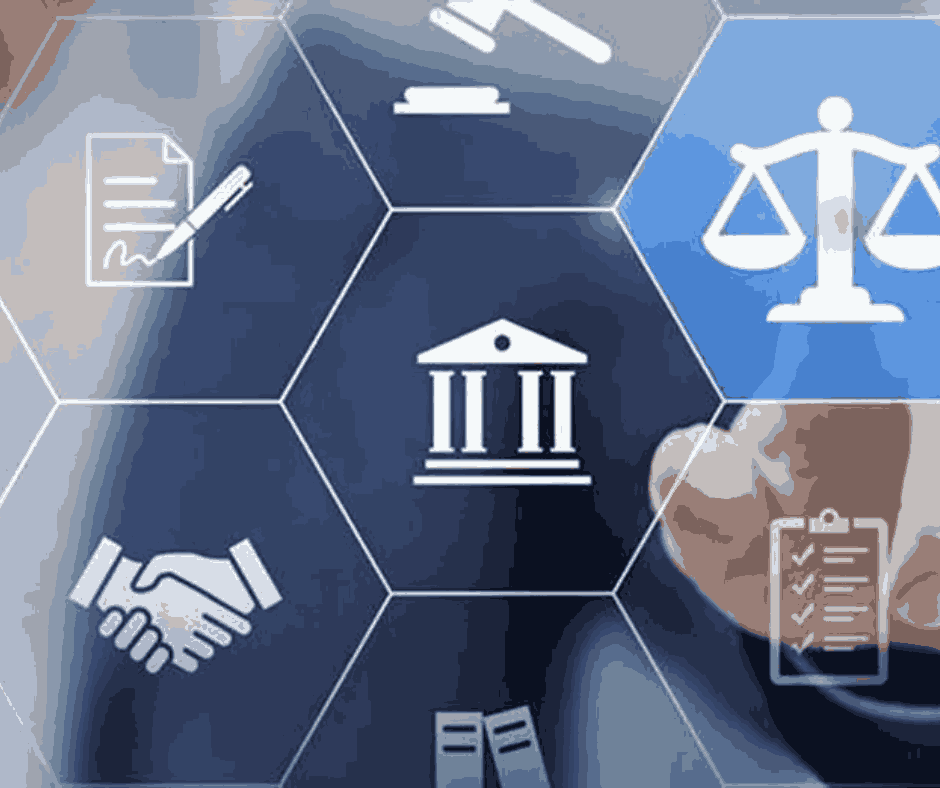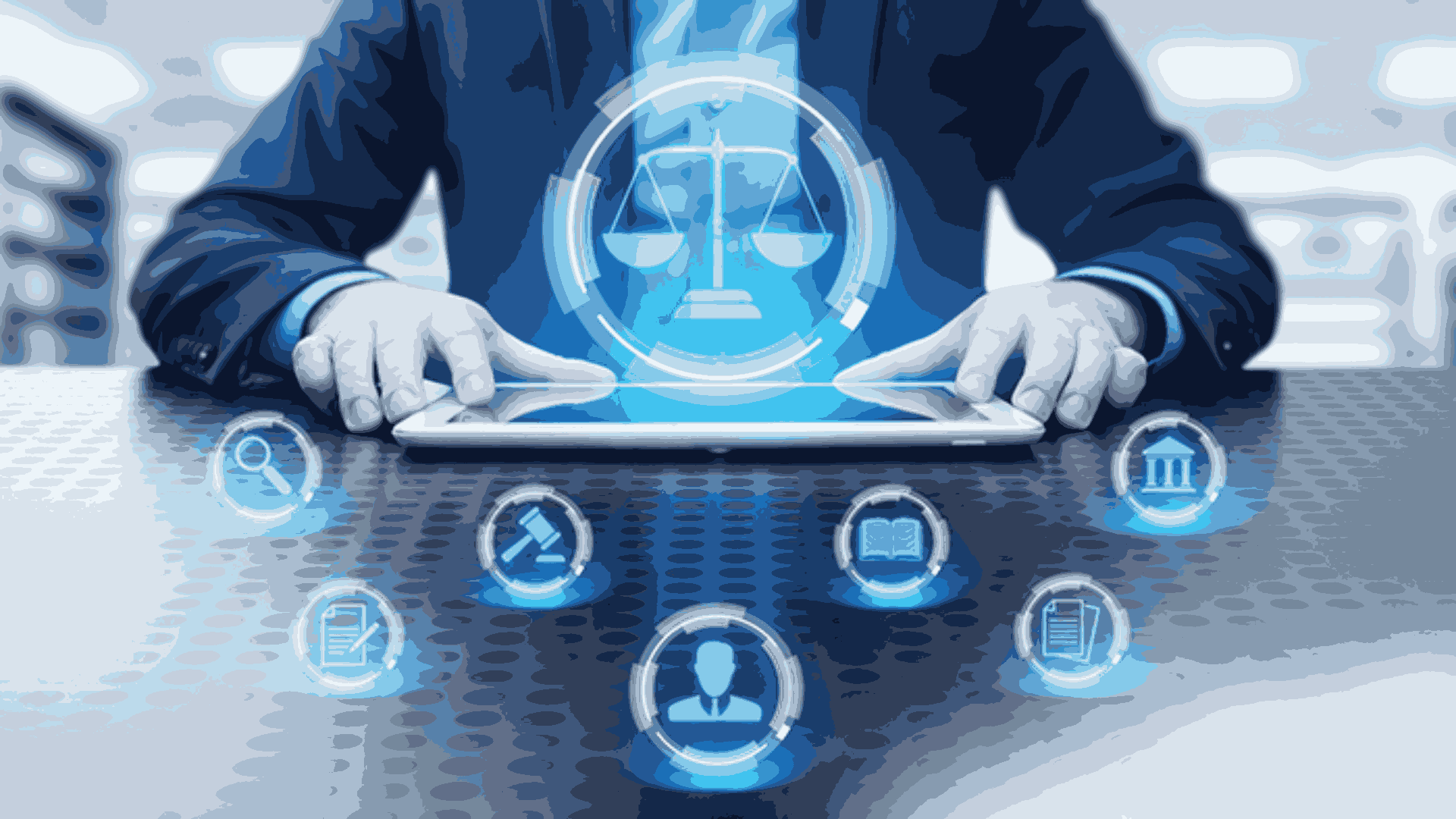The future of legal careers seems fraught with many changes, especially in light of technological advancements that are being rapidly adopted by the law system in India and worldwide. The integration of technology in law is not just modernising but revolutionising traditional legal practices, speeding up many law processes, and heralding a new age of efficiency and innovation.In a country like India, where more than 5.1 crore cases are pending at all levels in the courts, including 1.8 lakh cases pending for more than 30 years, it becomes necessary to explore how emerging technologies and legal practice innovations can make justice easier and quicker. Law students who can effectively use technology in law are the ones who will be in demand in the future. So, it is time to start preparing for it now.
The Future of Legal Careers

The future of legal careers is being shaped by a host of global trends, with emerging technologies at the forefront of this transformation. Globally and in India, the rise of digitalisation has initiated significant shifts in how legal services are delivered.
Legal professionals are increasingly relying on technology for case management, document automation, and even AI-driven legal research. This integration of technology in law is not merely a trend but a fundamental shift towards more efficient, accessible, and cost-effective legal practices.
Some of the legal careers that may emerge soon include:
- Legal Data Analyst: Utilises data analytics tools to interpret large data sets for predicting legal outcomes and optimising client strategies.
- AI Legal Consultant: Specialises in integrating and managing AI tools for legal research, document automation, and predictive analytics in legal firms.
- Blockchain Compliance Specialist: Ensures that legal transactions involving blockchain comply with national and international legal standards, focusing on transparency and security.
- Cyber Legal Advisor: Provides consultancy on cyber law, focusing on data protection, privacy policies, and the legal aspects of cyber security.
- Virtual Legal Services Coordinator: Manages and coordinates virtual legal services, facilitating remote consultations, digital contract signings, and online dispute resolutions.
- Legal Process Automation Engineer: Designs and implements software solutions to automate routine legal processes, reducing the need for manual intervention and enhancing efficiency.
These roles highlight how crucial technological competence is becoming in the legal field.
Technology in Law: Embracing the Digital Revolution

The digital revolution is profoundly reshaping the legal sector, heralding a new era for the future of legal careers. Key technologies like Artificial Intelligence (AI), blockchain, and automation are at the forefront of this transformation, significantly enhancing the efficiency and effectiveness of legal practices.
- Artificial Intelligence (AI) is revolutionising legal research and case management, enabling lawyers to process vast amounts of information rapidly, predict legal outcomes, and provide more informed advice.
- Blockchain technology is being harnessed for its ability to ensure secure and transparent legal transactions. Its application extends to smart contracts and the maintenance of immutable records, reducing the potential for disputes and fraud.
- Automation plays a crucial role in streamlining processes such as document analysis and due diligence, significantly reducing the time and manpower required for these tasks and minimising human error.
Case Studies of Indian Law Firms Adopting These Technologies:
- Shardul Amarchand Mangaldas & Co. employs AI for contract analysis and litigation documents, enhancing the speed and accuracy of legal assessments.
- Cyril Amarchand Mangaldas has implemented an AI platform for due diligence processes, ensuring thorough and rapid document vetting.
- Khaitan & Co. utilises blockchain for secure document exchange and verification processes, setting a benchmark in transaction security.
These adaptations are not just optional; they are essential components of legal practice innovations, preparing law students and professionals to thrive in a technologically advanced environment.
Legal Practice Innovations: Today and Tomorrow

Legal practice innovations are fundamentally transforming the landscape of legal careers, enhancing workflows, client interactions, and predictive capabilities in law.
Innovative Practices in Legal Workflows:
- Integration of project management tools to streamline case handling.
- Use of cloud-based platforms for secure document storage and sharing.
- Implementation of legal process outsourcing to manage routine tasks efficiently.
Enhancements in Client-Lawyer Interactions:
- Virtual consultations to extend legal services beyond geographical limits.
- Digital contracts and e-signatures for faster and more efficient transaction completion.
- Online dispute resolution mechanisms that expedite conflict resolution without court visits.
Role of Data Analytics in Legal Practices:
- Predictive analytics to forecast legal outcomes and enhance strategic planning.
- Client behaviour analysis to tailor legal advice and marketing strategies.
- Risk assessment tools that evaluate potential legal challenges before they arise.
These technological advancements represent significant legal practice innovations. Upskilling can help law students ensure that they are ready for the future of legal careers and well-equipped to thrive in an increasingly digital and data-driven world.
Preparing for a Tech-Driven Legal Career

Preparing for a tech-driven legal career requires a blend of traditional legal skills and new technological proficiencies. As the future of legal careers becomes increasingly intertwined with advancements in technology, aspiring lawyers must adapt to thrive.
Skills Required for a Technologically Advanced Legal Environment:
- Proficiency in legal technology tools for research, document management, and communication.
- Understanding of data privacy and cybersecurity to protect client confidentiality.
- Skills in data analysis to interpret and leverage information for legal strategies.
Educational Pathways and Resources:
- Participation in tech-focused legal workshops and seminars to stay updated on emerging technologies.
- Enrolment in specialised courses on legal technology and cyber law.
- Access to online platforms like Coursera or LexisNexis that offer courses in legal tech and digital law practices.
At SMS Law College, Varanasi, we regularly host workshops and guest lectures on technology in law and legal practice innovations as well as practical tech training sessions, including the use of AI in legal research and the application of blockchain in legal transactions. We also have collaborations with tech firms and legal tech startups to provide hands-on learning experiences and internships. Our law students are advised to participate actively in these initiatives to become not only familiar with but proficient in the technologies that are shaping the modern legal landscape, preparing them for successful careers in a rapidly evolving field.





